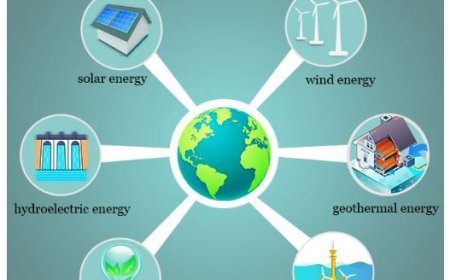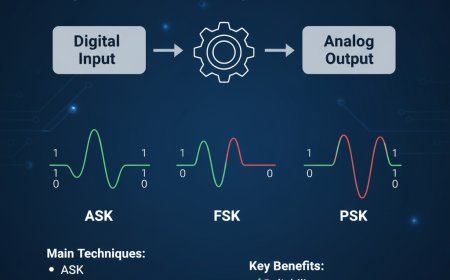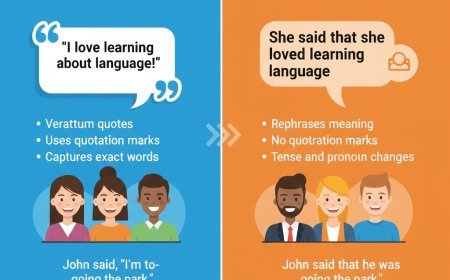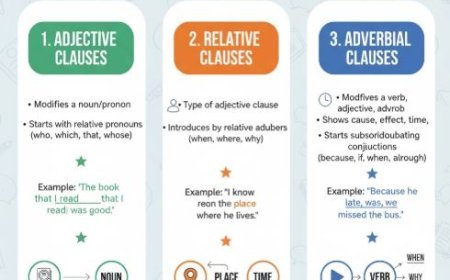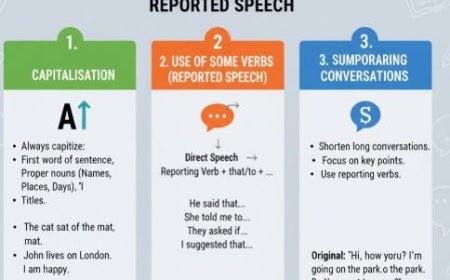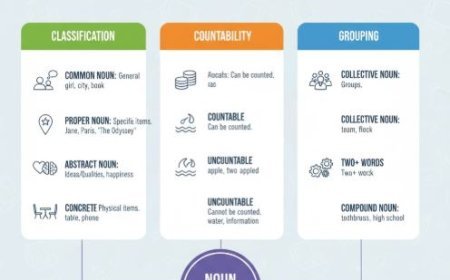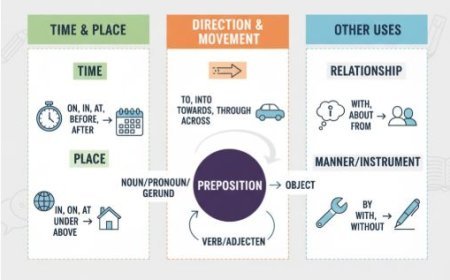INTERJECTIONS
Interjections: Surprise words (wow, ouch, hey!) that add punch to your sentences, but stand alone with an exclamation mark!
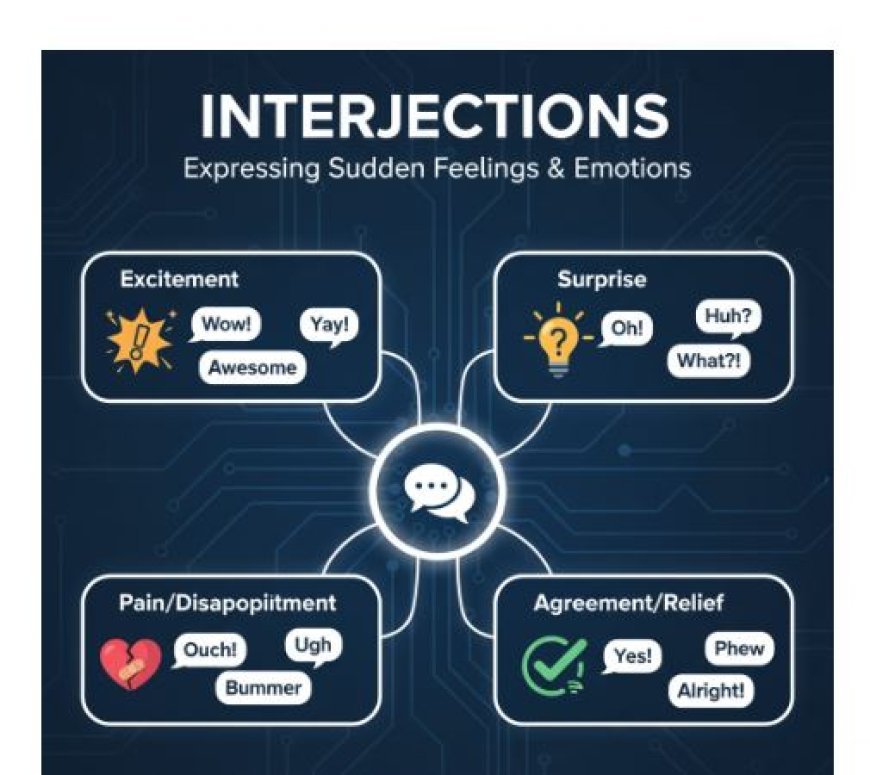
INTERJECTIONS
Words or phrases used to convey feelings or reactions are called interjections. They are often short and do not have a grammatical connection to the rest of the sentence. Interjections can be used in both written and spoken language and are often marked with an exclamation point to indicate their strong emotion.
Examples of Interjections
1. Wow!
2. Oh no!
3. Yay!
4. Oops!
5. Hurray!
6. Ah!
7. Oh dear!
8. Eek!
9. Bravo!
10. Phew!
As you can see, interjections are simple yet powerful words that can convey a wide range of emotions in just one word or phrase.
Importance of Interjections
1. Express Emotions: Interjections help us express our emotions in a more direct and immediate way. They allow us to convey excitement, frustration, surprise, or any other emotion we may be feeling at the moment.
2. Adds Emphasis: By using interjections, we can add emphasis to our words and make them more impactful. For example, saying 'oops' after making a mistake adds more weight to the error than just saying 'I made a mistake'.
3. Adds Color to Language: Interjections add color and personality to our language. They make our communication more dynamic and interesting, and can often add a touch of humor or sarcasm to a sentence.
4. Reflects Verbal Communication: In spoken language, we often use tone and body language to express our emotions. Interjections serve as a way to reflect these non-verbal cues in written communication.
Common Types of Interjections
1. Joy/Delight: These interjections express positive emotions such as excitement, happiness, or pleasure. Examples include 'Yippee!' or 'Hurray!'.
2. Surprise/Shock: These interjections are used to express sudden emotions of shock or surprise. Examples include 'Oh my!' or 'Wow!'.
3. Approval: Interjections like 'Bravo!' or 'Well done!' are used to express approval or admiration towards someone or something.
4. Disapproval/Despair: These interjections express negative emotions such as frustration, disappointment, or sadness. Examples include 'Darn it!' or 'Oh dear!'.
5. Attention/Call to Action:
Interjections like 'Hey!' or 'Listen!' are used to gain someone's attention or to call for action.
What's Your Reaction?









